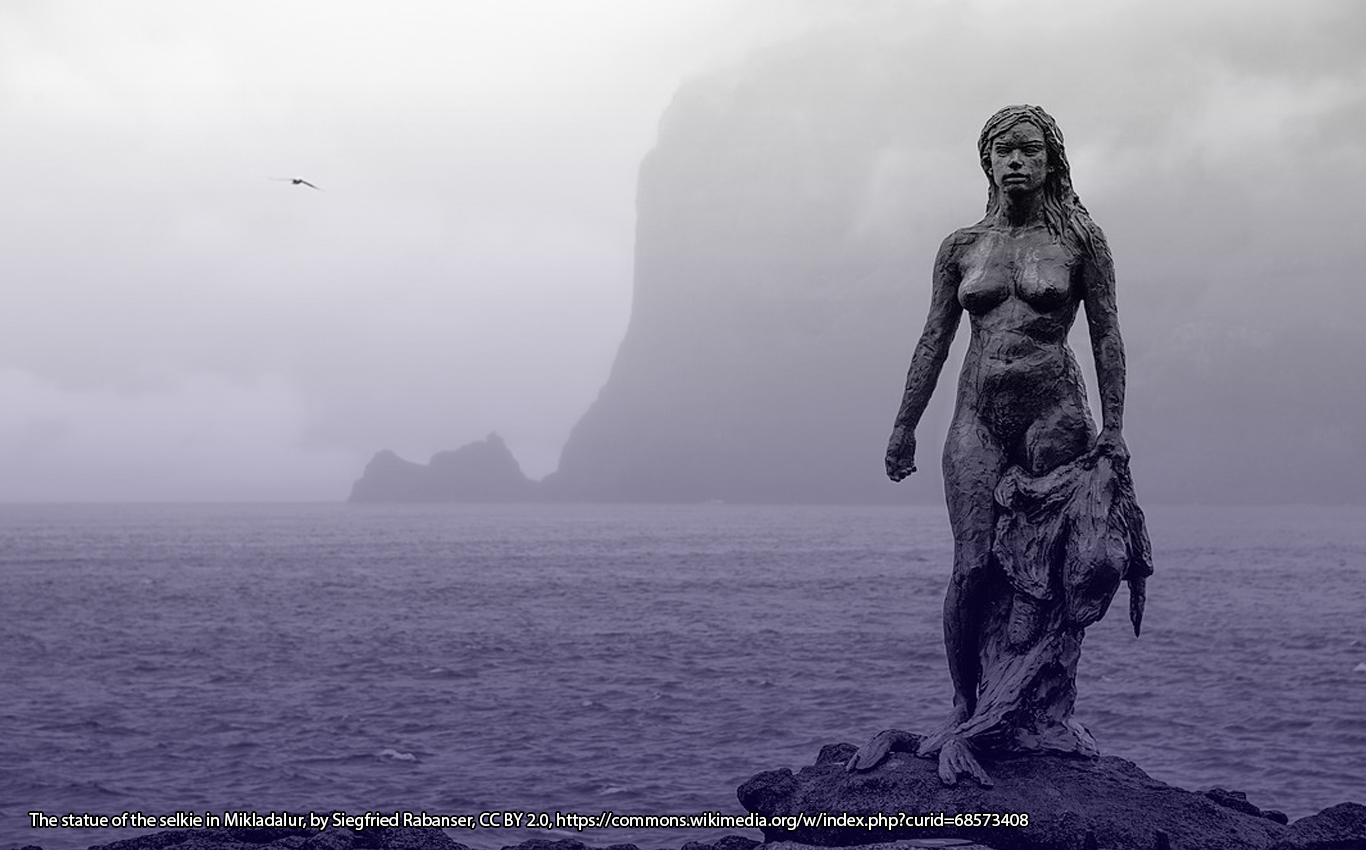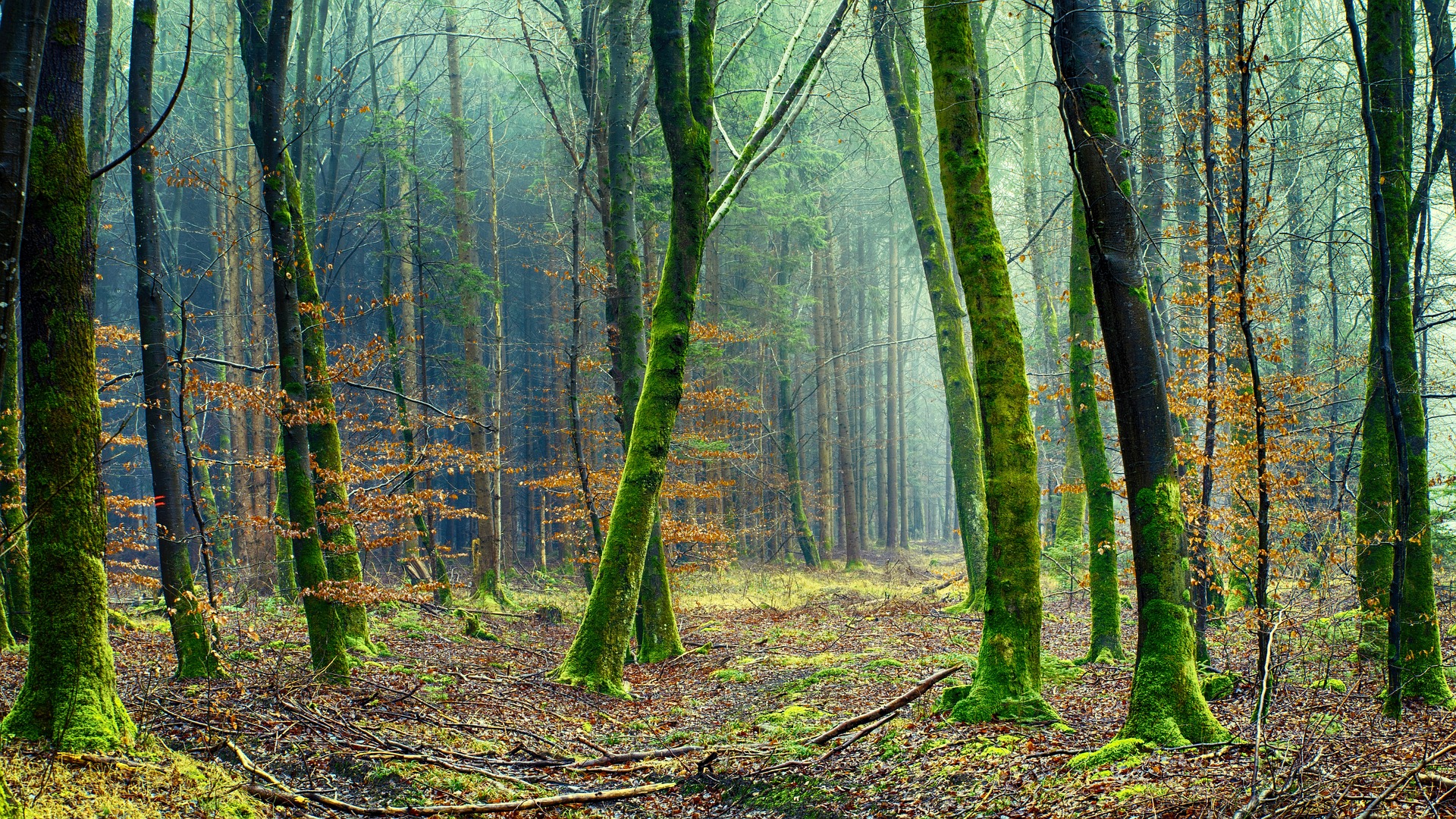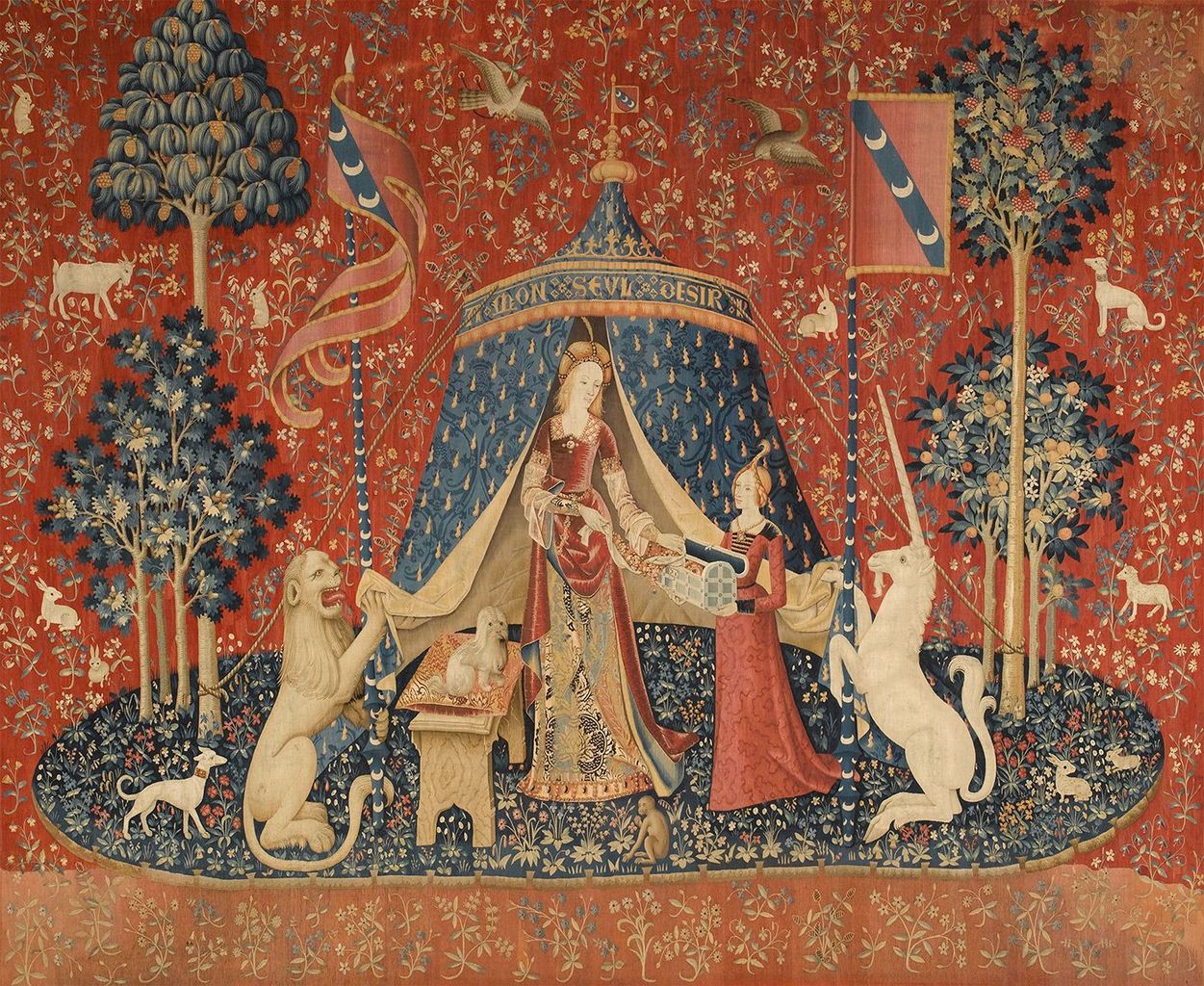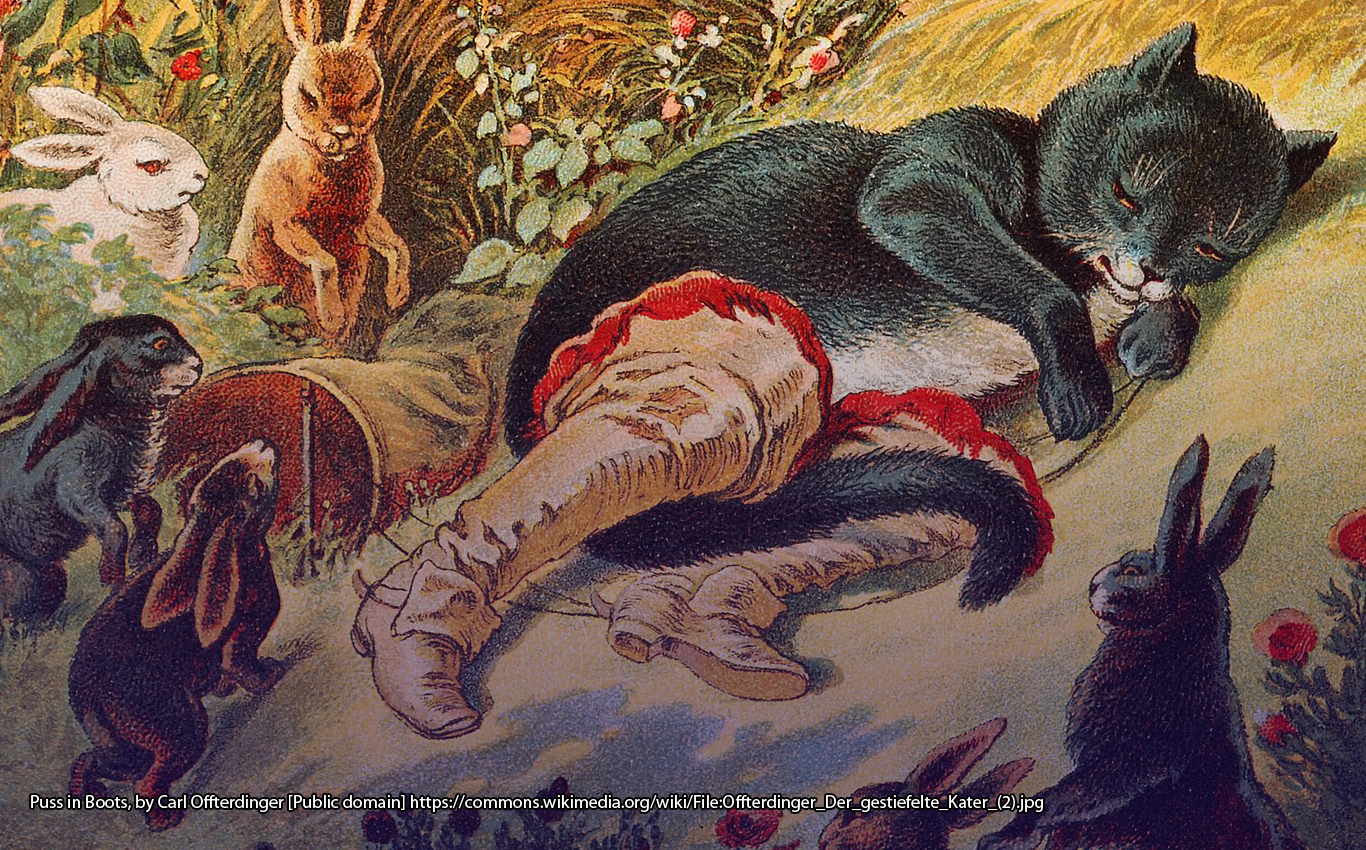Brutus of Troy was a legendary Trojan exile who some medieval chroniclers claimed was responsible for the founding of Britain. They maintained that he was the first King of Britain and named the island, its people, and its language after himself. He built the city that would eventually become London, and gave laws to allow people to live in peace. The story of Brutus of Troy first appears in the work Historia Britonum or The History of Britons (ca AD 829), which is often attributed to the medieval chronicler Nennius. He is also mentioned later in more detail in Historia Regum Britanniae or History of the Kings of Britain, written in about 1136 by Geoffrey of Monmouth. There are some significant differences in the stories the two present, though Geoffrey’s work provides more information. Geoffrey dates the arrival of Brutus on the island, which was then called Albion, to 1115 BC. Although his work is not given much credence today, from its creation up until the 17th century, when it fell from favour, it was very popular. It is still an important medieval text, and a central piece in the collective works known as The Matter of Britain. Despite being discounted as a reliable history book, The History of the Kings of Britain remains of great interest to many people today. Many scholars think that Geoffrey drew on existing legends, myths, and traditions which he included in his work. It is Geoffrey’s work that this article draws chiefly from to present a version of the mythical founding of Britain by Brutus of Troy.
The Lineage of Brutus
Brutus was said to be the great-great-grandson of the Greek goddess Aphrodite. His great-grandfather was the Trojan hero Aeneas, who was the son of Anchises and Aphrodite. Aeneas escaped the destruction of Troy carrying his crippled father in his arms and became the leader of a group of Trojan exiles, who escaped to settle in Italy. He was the progenitor of Romulus and Remus, and many of Rome’s rulers later claimed descent from him and the Royal House of Troy. Aeneas had a son named Ascanius, who was the father of Silvius who was the father of Brutus.
The Royal House of Troy had two branches: the Dardanoi of Dardania and the House of Troy. Although the Dardanoi of Dardania was the most ancient branch, it was the House of Troy which became the most famous and powerful. Anchises (the father of Aeneas) was from the city of Dardania, which was founded by Dardanus whose grandson Tros gave his name to the city of Troy and its people the Trojans.
The Birth of Brutus
The story of Brutus begins in Italy, where the Trojan exiles resided. When his wife fell pregnant, Silvius asked a sorcerer what sex the unborn child would be and what its future would hold. The sorcerer predicted a boy would be born and this proved correct. He also predicted that the boy would be exiled after causing the death of both of his parents. Finally, he predicted that when he reached adulthood he would travel through many countries and would fulfil many great achievements. Not all these predictions were to the liking of Silvius, who killed the sorcerer. However, his wife died during the birth of the boy, who was named Brutus, and when he reached the age of 15 he accidentally killed his father, shooting him with an arrow while hunting. As punishment, Brutus was exiled from Italy and travelled to several islands before reaching Greece. The unfortunate seer was proved correct about the first two parts of his prophecy, and the rest was beginning to unfold.
Trojans Enslaved in Greece
Whilst in Greece, Brutus met a group of Trojans living in slavery and led them in rebellion against Pandrasus, the Greek king. He was successful, and after defeating and capturing Pandrasus he held him hostage. Although he had him at his mercy, he realized that there would be a continuing war with the Greeks which the Trojans could not win. Therefore, instead of killing Pandrasus, Brutus made a bargain with him. He freed Pandrasus, in return for him freeing the Trojans from slavery and providing Brutus and his band of followers with enough ships and supplies to sail from Greece in search of a new home. Pandrasus also gave his daughter, Ingoge, in marriage, who sailed with Brutus and his company in search of a place they could settle and live in peace.
The Prophecy of Diana
Brutus set out from Greece in command of a powerful group of armed Trojans, and whilst at sea his small fleet came across a deserted island. He decided to land and explore. On the island, he found a long-disused temple dedicated to the goddess Diana, Mercury, and Jupiter. Seeking some kind of sign, Brutus paid homage to Diana by completing the necessary rituals and saying:
Goddess of woods, tremendous in the chase
To mountain board, and all the savage race!
Wide o’er the ethereal walks extend thy sway,
And o’er the infernal masions void of day!
Look upon us on earth! unfold our fate,
And say what region is our destines seat?
Where shall we next thy lasting temples raise?
And choirs of virgins celebrate thy praise? (1)
Brutus then lied down and slept in front of Diana’s effigy. Whilst he slept, he dreamt that Diana appeared and showed him images of a fair and fertile land called Albion, whose only inhabitants were a few giants. She told him:
Brutus! There lies beyond the Gallic bounds
An island which the western sea surrounds,
By giants once possessed, now few remain
To bar thy entrance, or obstruct thy reign.
To reach that happy shore thy sails employ
There fate decrees to raise a second Troy
And found an empire in thy royal line,
Which time shall ne’er destroy, nor bounds confine. (2)
Believing this to be the sign he was looking for, Brutus set sail looking for the island Diana had spoken of in his dream. After encountering sirens and pirates, whom Brutus defeated, his fleet arrived in the Tyrrhenian Sea. Living along its shores, they discovered another band of exiled Trojans under the command of Corineus, a great and mighty warrior and a clever military strategist. Despite already commanding a formidable force of Trojans, Corineus was impressed with the credentials and integrity of Brutus and accepted him as his leader. The two bands united under Brutus with Corineus as his lieutenant, and set sail to find the land that was revealed as their destiny in the prophecy of Diana.

Aquitaine
Eventually, the fleet reached Aquitaine in Gaul and Brutus and his Trojans needed to restock their provisions. The fleet dropped anchor and Brutus sent out parties to seek supplies, with one of those being led by Corineus. Hearing news of a fleet carrying a large body of warlike men anchored off his shore, the King of Aquitaine, Goffarius Pictus, sent emissaries to talk to them. The emissaries discovered Corineus with 200 men hunting in the forest and demanded to know why he had not sought permission from the king. The uncompromising Corineus mocked them, saying in no uncertain terms that he would hunt anywhere he wanted. One of the emissaries, by the name of Imbertus, took exception and raised his bow and arrow and advanced towards Corineus, who killed him by striking him with his own bow. The emissaries retreated and returned to Goffarius with the news of the death of Imbertus, and warn him of the powerful and aggressive company of men they had encountered.
King Goffarius
Goffarius raised an army and marched to meet the Trojans. After getting word of his approach, Brutus prepared his Trojans for battle and ordered the women and children to the ships. Leaving sufficient men for their defence and to prepare and sail the ships should disaster happen, he and Corineus, with the major part of their army, marched to confront the Gauls.
In the ensuing battle, Corineus lost his sword and found a great battle axe to wield against the Gauls, causing great slaughter. None could stand against him. After much bloodshed, the Trojans gained victory and Brutus ordered all weapons of the enemy left behind to be taken to the ships. Aquitaine is then plundered for treasure and supplies. Even though they had the victory, Brutus knew Goffarius and the Gauls would be seeking vengeance. Therefore, he ordered the construction of a fortified encampment in case they needed to make a stand and draw Goffarius away while the ships set sail.
Goffarius Attacks Again
This proved to be a wise move, as Goffarius had gone from the battle to seek help from the Twelve Rulers of Gaul who mustered an army three times the size of the Trojan forces. Brutus had made sure their position was well fortified, and he and Corineus had prepared the Trojans by giving them explicit instructions on the defence of the camp and how and when to launch an attack.
Knowing he had the greater numbers, Goffarius was confident of success and wasted little time in attacking the Trojan positions. The Trojans, led by Brutus and Corineus, were well prepared, organized, and very disciplined, and succeeded in fighting off numerous attacks outside the encampment. With the fighting continuing throughout the day, the superior numbers of the Gauls began to tell and the Trojans were forced to retreat to their fortified camp. Goffarius surrounded the camp, intent on besieging and starving them if he could not defeat them in outright battle.
The Trojan Victory
With the situation looking bleak, Brutus called a meeting with his captains to discuss the situation. Corineus put forward a daring plan. He proposed that he and his men should sneak through the enemy lines by the cover of night, then hide in the woods behind the Gauls until daybreak. With the rising of the sun, rather than wait for the Gauls to attack, Brutus would lead his men to attack them. While they were engaged with Brutus and his warriors, Corineus would lead his men in an attack on their rear. With no better plan to consider, Brutus agreed and he and his nephew Turonus commanded the men that remained. That night, Corineus and his men crept through the enemy lines and hid in the woods behind the Gauls until dawn.
As dawn broke, Brutus and Turonus led the Trojans in a frontal attack on the Gauls, catching them by surprise, and while they were so engaged Corineus and his warriors attacked the rear. The Gauls were heavily defeated, but the Trojans lost Turonus who died fighting valiantly. Although the Trojans were victorious in these battles, Brutus and Corineus knew that the Gauls had virtually unlimited resources in men at arms. They realized they could raise army after army to put against them, and would eventually wear them down no matter how well they fought.
The Trojans leave for Albion
With their ships now replenished with supplies and provisions, and with a great store of treasure and weapons, Brutus and Corineus decided to sail in search of Albion. Eventually, they found land and disembarked on what is now the coast of Devon. According to legend, as he stepped ashore Brutus said:
“Here I stand and here I rest. And this town shall be called Totnes.”
Local legend says that the stone he first stepped on is now set in the pavement of Fore Street in Totnes and called the Brutus Stone.
The Giants of Albion
Stepping ashore, Brutus found the island much as the goddess Diana had prophesied being inhabited by a small number of giants. Although wild and untamed, it was a green and fertile land abounding with game of all kinds for hunting, and with rivers the home to great numbers of fish. The Trojans explored the land, and the more they saw the more they wanted it. When they encountered giants, they forced them to flee, having the advantage of better weaponry and using the military discipline and tactics they had needed to learn and employ during their long exile from Troy.
Brutus divided the land among his commanders, and they began to build homes and cultivate the land. Soon, parts of the country began to take on a more domesticated appearance and settlements appeared. To perpetrate his own, name Brutus decided that the island would be known as Britain after himself and that his people would be called Britons. The language that his people used would be known as British.
To Corineus, his trusted second-in-command, Brutus bestowed the western part of the southwest peninsula of the island which had the greater population of giants. Corineus was a man of superhuman strength, and fighting them was but a sport or entertainment to him. Corineus named this land Cornea after himself, and today it is called Cornwall. His people became known as Corineans who are the Cornish people of today.

Gogmagog
The leader of the giants was called Gogmagog, or Goëmagot, and to the Trojans he was the most odious of them all being the largest and the strongest. He was said to be twelve cubits (18 feet) tall, and so strong he could pull up a full grown oak tree and its roots directly out of the ground with ease.
There came a day when Brutus and his people were gathered together at the place of their arrival in Britain and were engaging in a festival giving thanks to their gods. Thinking to catch the Britons unprepared, Gogmagog led the giants in a surprise attack. They succeeded in killing many, but Brutus rallied the Britons who fought back ferociously. All of the giants were killed except Gogmagog, whom Brutus had ordered should be spared to fight for his life against Corineus who delighted in single combat against such foes.
The fight began with Corineus and Gogmagog standing face to face and grappling furiously with each other. Each tried to gain a strong grip on the other, while also preventing the other from doing the same to them. They both strove mightily for some time, but each managed to counter the other. Eventually, Gogmagog managed to hold Corineus in a mighty bear hug and broke three of his ribs, one on his left side and two on his right. This greatly incensed Corineus who, wild with rage, pulled the giant across his shoulders and ran to the edge of a nearby cliff and hurled him over. Gogmagog crashed to his ruin on the rocks below, turning the sea red with his blood. Although this was the end of him in Geoffrey’s work, Gogmagog would return many centuries later.
New Troy
With the land now free of giants, Brutus decided he would build a new city and travelled throughout the country seeking a site for it. Following the river now called the Thames, he came to a suitable place and he built a new city that he called Troia Nova or New Troy. This later became known as Trinovantum, which would later become Caer-Lud, and eventually London. It would become one of the great cities of the world. When Brutus had finished building the city, he chose from his people those he wanted to be its citizens. He then gave Britain laws so that Britons could live in peace and justice.
After the Death of Brutus
Brutus had three sons by Ignoge, his Greek wife. These were Locrinus, Albanactus, and Kamber. Brutus had ruled for 24 years when he died and he was buried in New Troy. After his death, with the exception of Cornwall, which was still ruled by Corineus, the rest of Britain was divided into three parts and each part was ruled by one of his sons. Locrinus ruled an area that was roughly the same as England without Cornwall and was called Loegria. Albanactus ruled over an area called Albania or Albany and was roughly equivalent to Scotland, while Kamber ruled over the rest of Britain which was roughly the same as Wales.

Unanswered Questions
According to Geoffrey, Britain would have a long line of rulers descending from Brutus for about the next two thousand years, until about the 7th century when the Anglo Saxons took control of most of Britain. Although Brutus had brought the Trojans to settle Britain and create a civilisation from a wilderness, the giants were already present and one of the great questions Geoffrey of Monmouth leaves unanswered is the origin of Gogmagog and the giants of Albion. Centuries later, on a bleak night on storm-battered hill in Wales called Dinas Brân overlooking the town of Llangollen, Gogmagog would appear to a Norman knight named Payn Peveril and divulge to him the terrible history of the giants that once ruled Albion before the arrival of the Trojans. My next post will reveal what happened to Gogmagog after his fight with Corineus, and introduce the origin of the giants of Albion.
To read all the articles in this series, visit the British Legends Series page or select from the list below:
- British Legends: The Quest for the Holy Grail
- British Legends: The Founding of Britain: Brutus of Troy and the Prophecy of Diana
- British Legends: The Mabinogion – The Dream of Macsen Wledig
- British Legends: Gogmagog and the Giants of Albion
- British Legends: Treachery, Murder, Lust and Rowena: The Rule of Vortigern
- British Legends: The Origin of Albion and the Bloodlust of Albina and Her Sisters
- British Legends: The Lust of Uther Pendragon, Merlin’s Prophecy and the Making of a King
- British Legends: Aurelius Ambrosius, Legendary King of the Britons
- British Legends: Elen of the Hosts – Saint, Warrior Queen, Goddess of Sovereignty
- British Legends: Beowulf and the Great Flame Dragon
- British Legends: The Divine Tragedy of Guinevere
- British Legends: The Tragic Romance of Tristan and Isolde
- British Legends: Morgan le Fay – Magical Healer or Renegade Witch?
- British Legends: The Madness of Merlin (Part 1)
- British Legends: The Madness of Merlin (Part 2)
- British Legends: Warrior Women — The Battle of Britomart and Radigund the Amazon Queen
- Mythical Beasts: The Griffin, the Legendary King of All Creatures
- British Legends: King Lear and Cordelia – A Tale of Love and Foolishness
- British Legends: Wild Edric, the Wild Hunt and the Bride from the Otherworld
- British Legends: The Outlaws of Inglewood and the Feminine Influence
Recommended Books from #FolkloreThursday
References & further reading
Brutus of Troy – Wikipedia, the free encyclopedia
[PDF]History of the Kings of Britain – York University
[PDF]the legend of Gog and Magog – NECTAR

![Full page miniature of the arrival of Brutus to England, the slaying of giants and the building of a city, possibly London" (BL Catalog of Illum. Mss.), from Geoffrey's Historia Regum Britannae, in Harley MS 1808, fol. 30, Held and digitised by the British Library.[1]](https://folklorethursday.com/wp-content/uploads/2017/12/brutus.png)







![Boadicea, leader of the rebellion against the Romans. By Joseph Martin Kronheim (1810–96)[1] - This file has been extracted from another file: Pictures of English History - Plates I to IV.jpg, Public Domain, https://commons.wikimedia.org/w/index.php?curid=12705208](https://folklorethursday.com/wp-content/uploads/2020/10/Pictures_of_English_History_Plate_IV_-_Boadicea_and_Her_Army.jpg)




